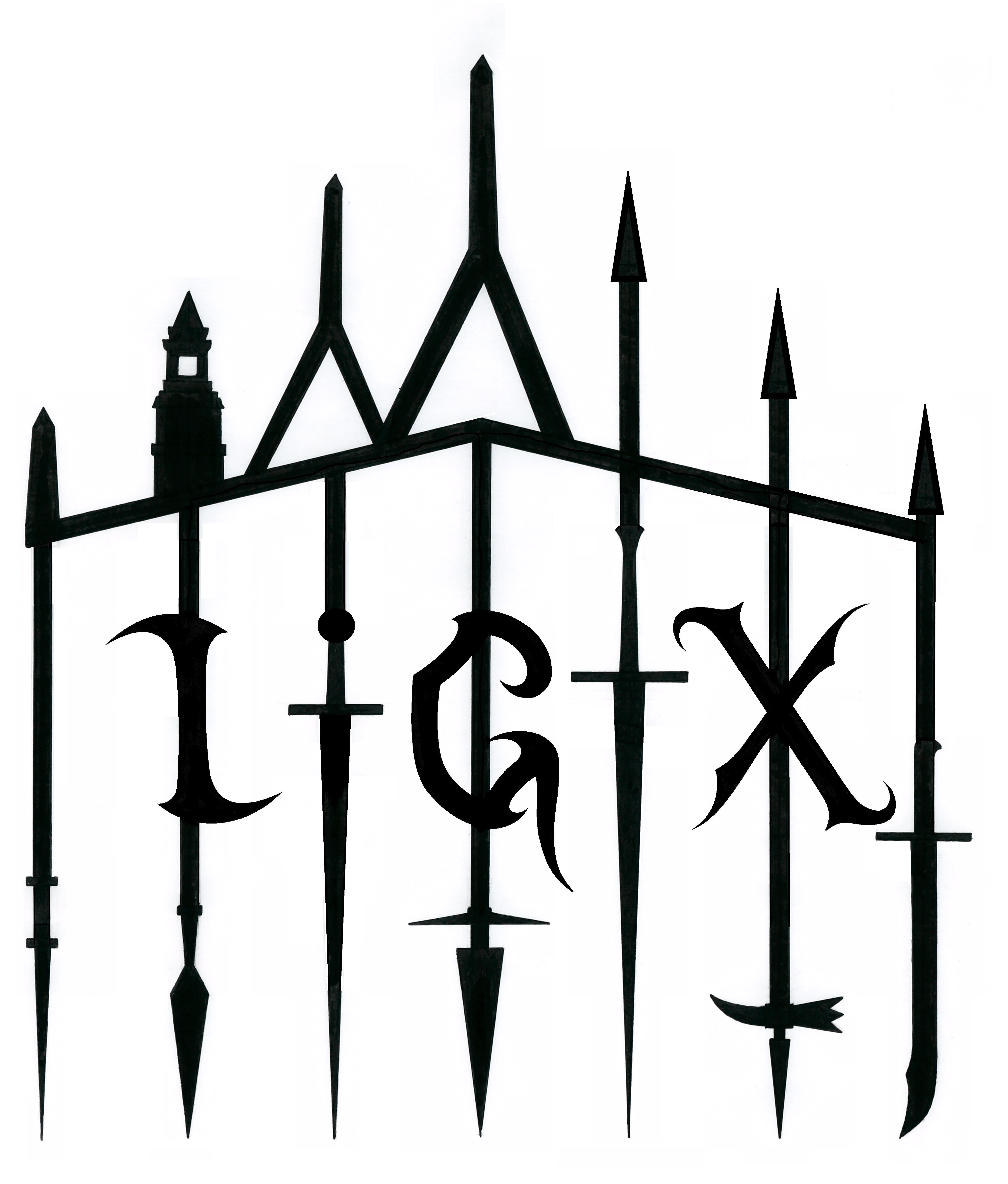


EQUIPMENT
All competitors will use a loaner sword provided by IGX for all stages of the competition. There will be an Albion Crecy and Albion single-hander available. For the eliminations and finals, an Albion Baron will also be available. All loaner swords will be sharpened immediately prior to the event.
SAFETY
The following safety guidelines are to be followed at all times. Failure to follow these rules can result in a warning or dismissal from the tournament or the entire Iron Gate Exhibition. The tournament organizers reserve the right to impose penalties without a warning first, based upon circumstance.
Remember, you have a deadly weapon in your hands. Treat it with the appropriate respect and concern.
The sword is capable of damaging the floor and competitors are responsible for taking care not to do so.
QUALIFYING ROUND
This round is testing edge alignment and energy transference. Targeting is self penalizing and applies to all rounds. Competitors will be asked to cut one mat four times with descending strikes, alternating sides. The primary criteria examined is the direction the severed piece of tatami moves. Subtleties such as scalloping and angle of cut are more difficult to apply uniformly across large groups of competitors and intrinsically influence the movement of severed tatami. Take your time and cut well. A perfect score for this round will be zero penalties.
Table of penalties:
| Piece travels inside trajectory of cut. | 0 |
| Piece travels along trajectory of cut | 1 |
| Piece travels outside trajectory of cut | 2 |
| Failed cut, any cut that does not cut all the way through the mat, including mountains, valleys,dangling bits, or complete misses | 3 |
| Stand knocked over | 4 + failed cut for all subsequent cuts |
| Hit stand or peg | Disqualified |
ELIMINATION ROUND
The top 8 competitors will advance to the second round.
This round will use two mats on separate stands. Competitors will alternate between the two mats, executing a random sequence of eight cuts according to cues given on a screen. At the start of the round, the competitor will stand out of range of both targets on a spot clearly marked with red tape. The screen will display an image indicating the direction of the cut. The cues will be limited to left descending, right descending, left ascending, and right ascending. Cuts may be performed with either edge. After performing each cut, the competitor will return to the out of range line. The next cue will be shown three seconds after the first. The competitor must alternate between the two stands when executing each cut until the pattern is completed. If a stand is knocked over, the mat flies off, or there is not enough mat left, the competitor may continue on one stand, but a significant penalty will be applied.
Scoring for this round will follow the same pattern as the qualifying round with added marks for deviation from the prescribed pattern:
| Cut performed on stand without alternating | Additional 1 |
| Failed to exit range before cutting | Additional 2 |
| Cut deviated from the cue given | Additional 3 |
FINALS
The top four competitors will advance to the finals. In the event of a tie, the score from the qualifying round will be used as a tiebreaker.
This round will use two mats on separate stands. One of the mats will be wrapped with a layer of linen.
Each finalist will execute as many different cuts as possible in a pattern of their choosing. This pattern should be discussed with the judges ahead of time.
If a stand is knocked over, the mat flies off, or there is not enough mat left on one stand, the competitor may adjust their pattern as they see fit, but must call out what they will attempt before they do so.
The score for this round is equal to the number of successful cuts. A cut is considered successful if it is the cut the competitor said they would perform, severs the mat completely as indicated in scoring from previous rounds, and does not repeat a cut already attempted.
In the event of a tie judges will apply scoring criteria from previous rounds and the difficulty of the cuts completed will be compared as a final indicator. The difficulty of a given cut is the sole discretion of the head judge and will follow community standards.
TOURNAMENT LOGISTICS
Andrew Kilgore is the head judge for this competition; he or his designee will administer all testing. All rounds will be videotaped for judging purposes. Competitors are encouraged to review tape with judges while scoring.
All competitors are encouraged to spike their own mat. Andrew Kilgore or his designee will spike it for any competitor that asks and will inspect that the mat is secure and untampered with before cutting.
The first two rounds are being conducted drop-in style. Competitors may arrive at any time during the scheduled time slot, cut their mats, and leave. We all have multiple places we want to be at the same time because of the way scheduling works at IGX. Cutting is easy and does not take a lot of time. Please arrive ready to go with plenty of time before your next event. We may need to allow people that have more pressing time constraints go first.
If you have any questions or concerns about any aspect of the tournament, your feedback and input is welcome and encouraged. Please address your concerns directly to the head judge when he is not actively observing cutting.